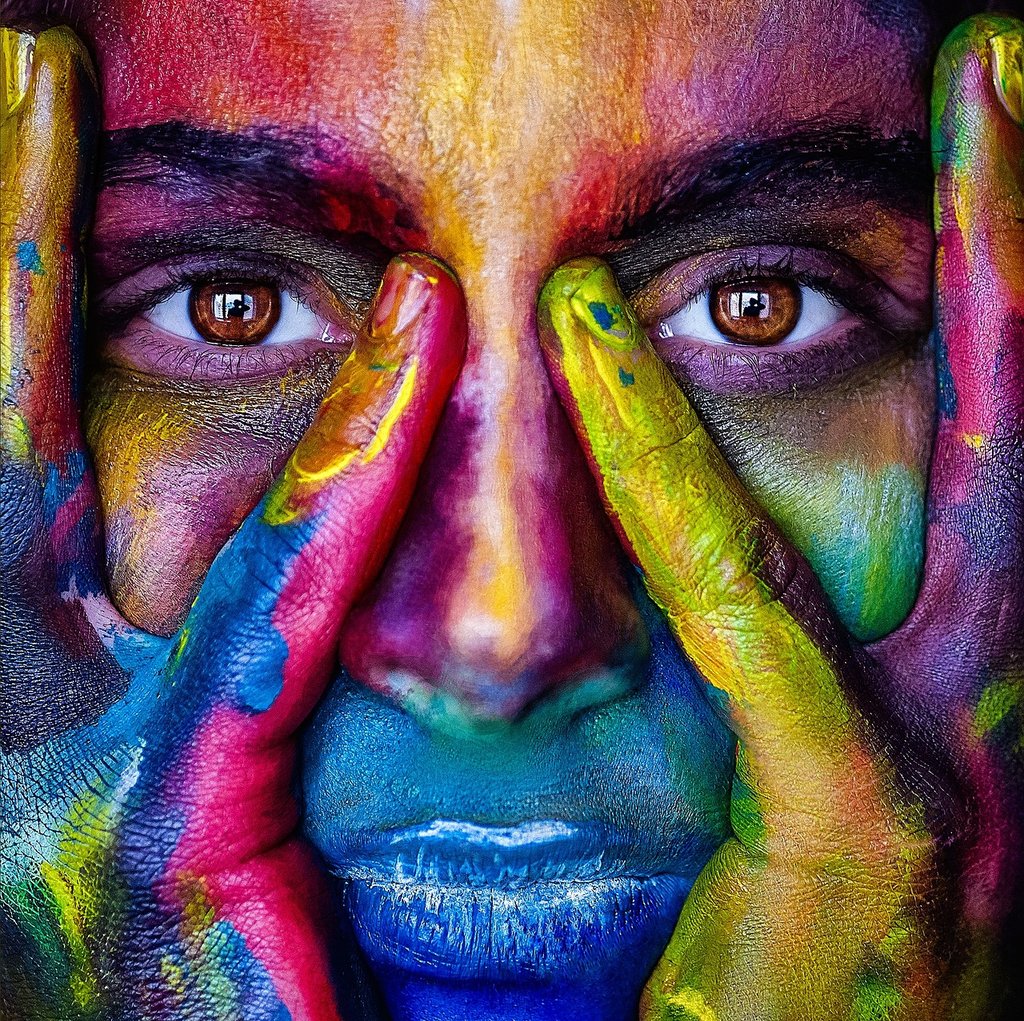The Impact of Racism on People and Society
The Impact of Racism on People and Society. Racism, a deeply rooted social issue, continues to permeate various aspects of society, impacting individuals and communities on multiple levels.
HUMAN BEHAVIOREVERYDAY LIFE
K.N.
7/25/20253 min read


Understanding Racism: Definitions and Types
Racism, a deeply rooted social issue, continues to permeate various aspects of society, impacting individuals and communities on multiple levels. Defined by prejudice, discrimination, and systemic inequalities based on race or ethnicity, racism has wide-ranging consequences that affect economic opportunities, healthcare outcomes, educational equity, and overall societal well-being. It is crucial to address the root causes of racism and foster a culture of respect and acceptance to create a more inclusive and understanding world.
At a foundational level, racism can be categorized into two primary types: individual racism and institutional racism. Individual racism pertains to the personal beliefs and actions of individuals that perpetuate racial discrimination. This form can include overt acts, such as using racial slurs or engaging in hate crimes, as well as subtler forms of bigotry, often characterized by negative stereotypes or microaggressions.
This article examines how racism impacts individuals and communities globally and presents strategies to combat discrimination and promote harmony among diverse populations.
Defining Racism and Its Historical Context
Racial discrimination, the unfortunate belief that one race is superior to others, has deep roots in history, often fueling discrimination and prejudice. From systemic inequalities to everyday microaggressions, racism continues to permeate various facets of society, impacting individuals and communities alike.
Psychological Effects of Racism on Individuals
Impact on Mental Health and Well-Being
Racism not only affects individuals mentally but also takes a toll on their physical health. The stress of experiencing racial discrimination, the unfortunate belief that one race is superior to others, has deep roots in history, often fueling discrimination and prejudice. can lead to a wide range of health issues, from high blood pressure to depression, impacting overall well-being. Constant exposure to discrimination and derogatory treatment can create a pervasive sense of negativity surrounding one's identity, resulting in lasting emotional distress.
Health Disparities and Medical Bias
When it comes to health, racism isn't just a bad social trend - it can literally make you sick. People from marginalized communities often face disparities in healthcare access and treatment due to bias and discrimination.
Internalized Racism and Self-Identity
Internalized racism, when individuals start believing negative stereotypes about their own race, can erode self-esteem and identity, perpetuating harmful cycles. However, racism is not just a personal issue; it has far-reaching consequences that impact society as a whole. It can create division within communities, lead to unequal distribution of opportunities, and erode trust at a rapid pace.
Economic Disparities Caused by Racial Discrimination
Furthermore, racism has a significant impact on the economy, as it can limit the potential of individuals and communities to thrive and contribute to society. When people are discriminated, they are often denied access to resources, opportunities, and spaces that can help them succeed. This can result in a loss of valuable human capital and talent, as well as hinder the overall growth and development of society.
Education and Racism
Education should be the great equalizer, but racism creates achievement gaps between students of different races. Starting a race with hurdles that only some have to jump over is the reality for many students. It's about giving everyone a fair shot, and representation matters in educational materials. Diversifying curriculum enriches education for everyone.
Intersectionality and Multiple Forms of Discrimination
Gender and Race Intersectionality
Racial discrimination doesn't exist in a vacuum; it often overlaps with other forms of discrimination, like sexism. Intersectionality is like a Venn diagram of oppression, showing how different identities can intersect to create unique challenges. For many people, facing both racism and sexism is like battling a two-headed monster of prejudice.
Racism and LGBTQ+ Communities
Racism targets people of any race, gender, or sexual orientation, and LGBTQ+ individuals from racial minority groups face double discrimination. It permeates various aspects of our lives, perpetuating inequality and injustice. By addressing systemic issues, we can strive towards a more just and equitable society, dismantling the destructive forces of racism.
Building a More Welcoming and Respectful World
It is important to recognize that racism is not just a problem that affects individuals or communities, but it is a systemic issue that is deeply embedded in the structural inequalities of society. Discrimination based on race operates at all levels of society, from government policies and institutions to interpersonal relationships and cultural norms. In order to address the impact of racism on people and society, it is essential to challenge and dismantle these systems of oppression and work towards creating a more equitable and just society for all. By embracing different cultures, traditions, and perspectives, we can create a world more vibrant and flavorful than a rainbow-colored smoothie.
Conclusion
The impact of racism on people and society is profound and far-reaching. It perpetuates discrimination, division, and inequality, leading to a host of negative consequences for individuals and communities. In order to combat racism and its effects, it is crucial to address the root causes of systemic inequality and work towards creating a more inclusive and equitable society for all. Only then can we truly begin to dismantle the harmful effects of discrimination and build a better future for all.
Thanks for reading
Subscribe, read new articles and support our work along the way.
Similar Posts
Life Is Tough Make It Chillable!
LITMICH © 2025. All rights reserved.


Please follow us & like us:
Contact Us
